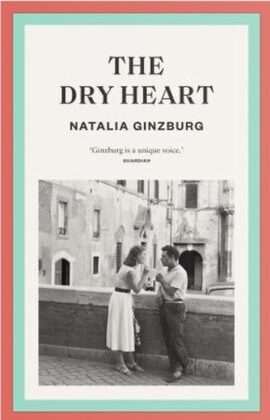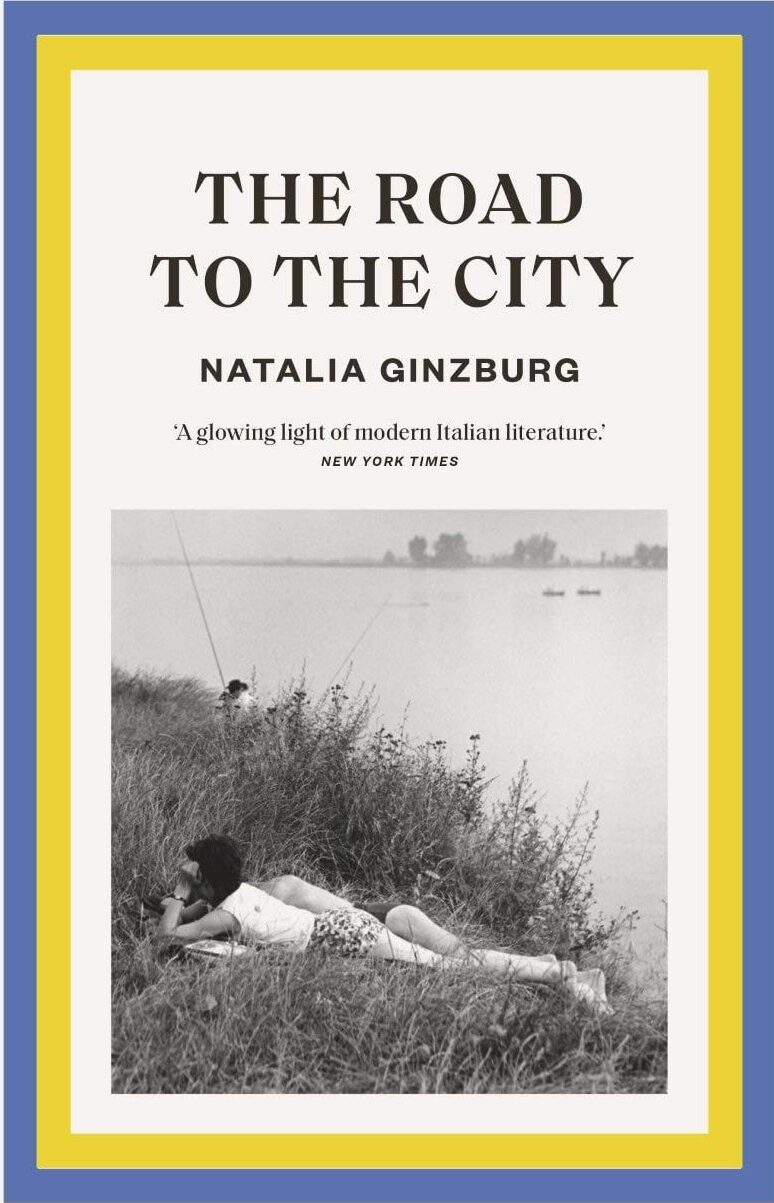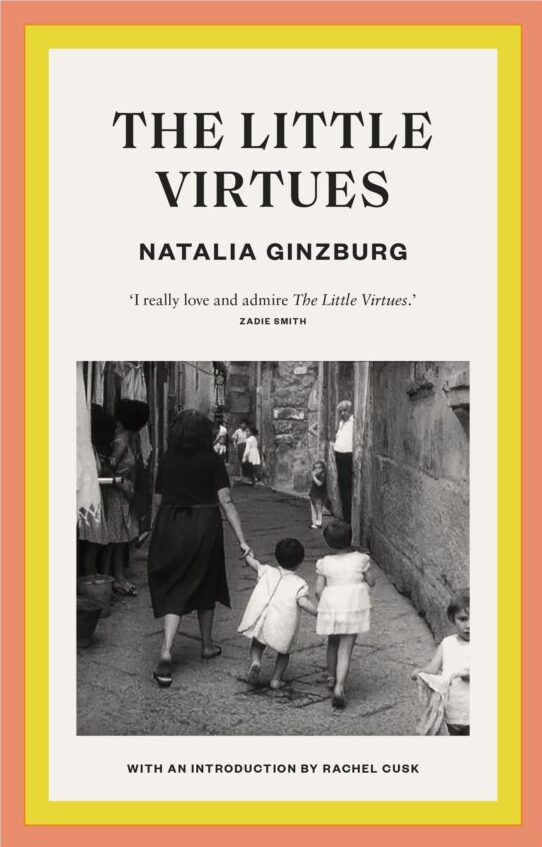Finding a writer worth reading can be like searching for a good movie on Netflix – they do exist but first you have to scroll through pages of dross, wasting time only to realise that most are rubbish. Not all book publishers are in the same bracket and Daunt Books is a prime example.
 Sean Sheehan
Sean Sheehan
Not just a publisher, Daunt Books has its own lovely bookshop in London that is difficult to walk past without being tempted to step inside, tread its herringbone floor and explore shelves full of books; like those by Natalia Ginzburg.
“Tell me the truth”, the first words of her novel, “The dry heart”, are spoken by a woman and her husband’s reply asking what truth she has in mind earns him a gun shot between the eyes.
After courting haphazardly – though courting is too romantic a word for the husband’s cold response to her declared love for him, saying he loves another woman.
 Overnight he repents, admits to feeling lonely and proposes marriage.
Overnight he repents, admits to feeling lonely and proposes marriage.
The basis for their life together is precarious and the woman feels a disquiet that verges on disgust at the thought of them having sex.
Ginzburg’s metaphor-free prose in “The dry heart” is as clinically spare as its opening suggests, reflecting the blunt honesty of a narrator whose disappointment over her husband turns to distrust as she comes to learn about the other woman in his life.
Yet she stays with him and brings up their child. All the men in the novel are pathetic creatures and as the woman becomes isolated and lonely her heart dries up.
The book’s Italian title, “E stato cosi” (“It was like that”) suits the matter-of-fact story-telling and its feminist minimalism.
Another of her novels, “The road to the city”, shares a similar frankness in its story about Delia, a country girl who dreams of a better life in the city and finds out life is nowhere a bed of roses.
Pregnant, she marries the man who raped her; he “did exactly what I had expected” but her resistance is futile.
 Ginzburg’s own marriage was a happy one but with a tragic outcome. Sharing life and left-wing views with her husband, they had three children but with World War II he was forced into internal exile in a small village where they lived until eventually he was arrested and murdered in prison.
Ginzburg’s own marriage was a happy one but with a tragic outcome. Sharing life and left-wing views with her husband, they had three children but with World War II he was forced into internal exile in a small village where they lived until eventually he was arrested and murdered in prison.
Part of this is told in “The little virtues” the title story of a collection of her short stories that are a marvel to read. The little virtues are those taught to children, like thrift and shrewdness, but the big ones – like generosity, honesty, a love of truth – “well up from an instinct in which reason does not speak… And the best of us is in that silent instinct”.
“The dry heart”, “The road to the city” and “The little virtues”, by Natalia Ginzburg, are published by Daunt Books.












.jpg)












